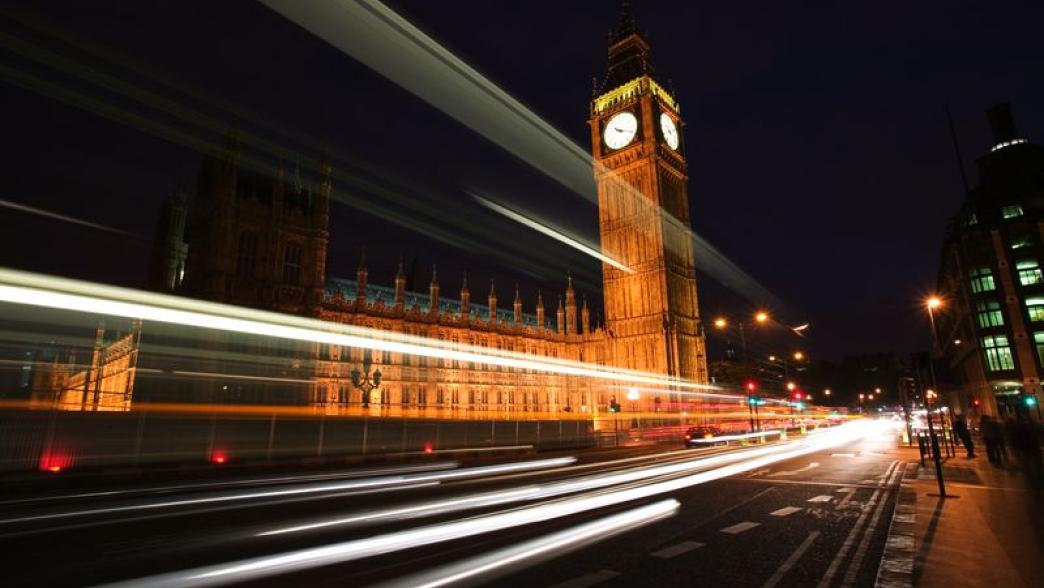Parliament’s role in the coronavirus crisis: Ensuring the government’s response is effective, legitimate and lawful
The government’s ‘wartime’ approach will become less appropriate as the coronavirus crisis develops and a greater parliamentary role will be needed.
